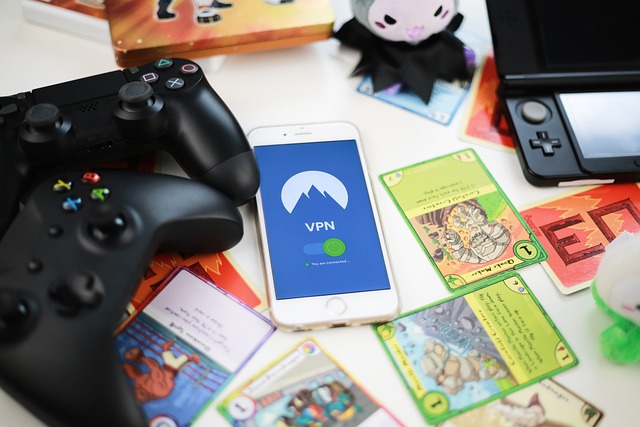With the advent of the digital age, the education sector has undergone significant transformation. Internet technology has brought about many conveniences and opportunities in education, but it has also posed some security and privacy challenges. In this context, Virtual Private Networks (VPN) have emerged as essential tools for educational institutions. The applications of VPN in the education industry not only protect the privacy and data security of students and teachers but also break down geographical barriers to access a wider range of learning resources. This article explores the various scenarios in which VPN is utilized in the education sector and the numerous advantages it brings to students, teachers, and educational institutions.

I. Breaking Geographical Barriers for Access to Wider Learning Resources
The accessibility of educational resources is often hindered by geographical limitations. Some regions may have restricted access to specific learning resources or educational websites, thereby limiting the learning experiences of students and teachers. By using VPN, one can connect to servers located in different regions, simulate different geographical locations, and bypass these restrictions, allowing students and teachers to access a wider range of learning resources. For instance, students can use VPN to access globally renowned online course platforms, and teachers can access international academic papers and teaching materials to enrich the pool of educational resources and enhance the quality of teaching.
II. Facilitating Remote Education and Online Learning
In recent years, remote education and online learning have gained significant popularity. VPN plays a vital role in this domain. Through VPN, students and teachers can easily connect to their school's internal network and participate in remote education and online courses. VPN's encryption feature ensures the safety and privacy of remote learning processes. Furthermore, VPN provides stable connections to the school's network, ensuring that students and teachers enjoy smooth learning experiences during remote education.
III. Ensuring Security and Stability of Campus Networks
Educational institutions often operate large campus networks that connect students' and teachers' devices and educational resources. These networks need to be secure and stable to facilitate smooth teaching and learning activities. VPN can provide additional security barriers for campus networks, preventing potential network attacks and malware intrusions. Additionally, VPN can optimize network connections, ensuring the stability of campus networks and avoiding network congestion and latency issues.
IV. Enhancing Cross-Institutional Collaboration and Resource Sharing
Many educational institutions require collaboration and resource sharing among themselves. VPN can establish secure and stable connections between educational institutions, promoting cross-institutional collaboration and resource sharing. For example, educational institutions can securely share teaching resources, research findings, and academic materials through VPN, facilitating the exchange of educational resources and enhancing teaching and research levels.
In conclusion, VPN has a wide range of applications in the education industry. It protects the privacy and data security of students and teachers, enables access to a broader range of learning resources by breaking geographical barriers, facilitates remote education and online learning, ensures the security and stability of campus networks, and enhances cross-institutional collaboration and resource sharing. In the digital era of modern education, VPN has become an indispensable tool that brings many conveniences and opportunities to the education industry. Educational institutions and students alike should recognize the importance of VPN, actively employ VPN technology, enhance teaching and learning experiences, and drive the development of the education sector.
 Email
Email